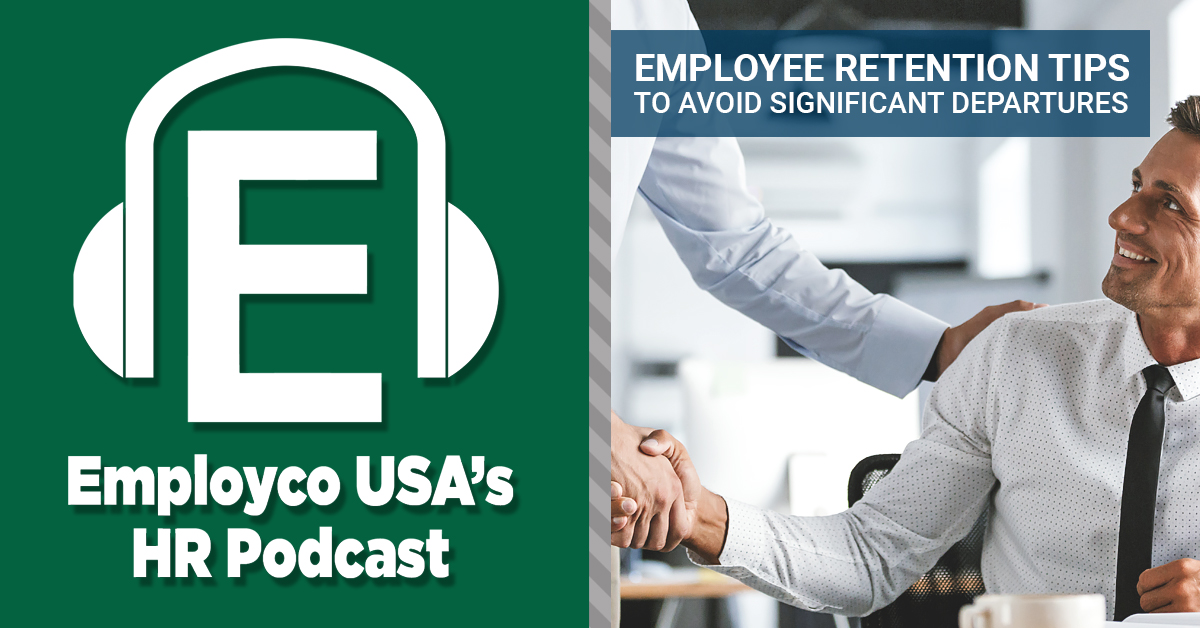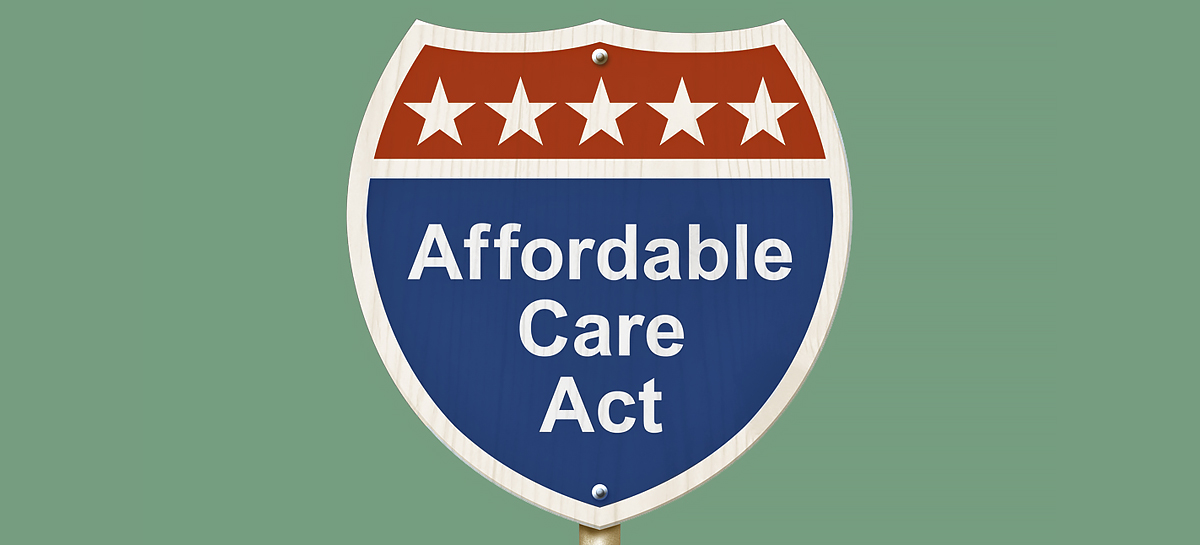
Attracting and retaining talent is often a top priority for employers across the country. Given the effect the COVID-19 pandemic has had on the job market, one might imagine this task is easier than ever. Unfortunately, that’s far from the truth. While there may be more candidates than usual, attracting quality talent and retaining top performers still remains a struggle, worsened by COVID-19 and its effects on the workplace.
Provide Meaningful Benefits – The pandemic has affected everyone in significant, yet unique, ways. While all employees may be struggling in some way, their situations aren’t the same. Employers can help lift up their workers by offering meaningful employee benefits. Robust health care offerings may seem like an obvious one-size-fits-all solution, but sometimes voluntary benefits are actually what employees need. These include caregiving assistance, financial counseling, increased paid time off and other nontraditional perks. There are many low-cost options available and, better yet, employees can choose their benefits a la carte to meet their individual needs. New Video: Click the following link to view our recent HR chat on Employee Benefit Trends.

 Despite the fact that the pandemic is far from over,
Despite the fact that the pandemic is far from over, 




